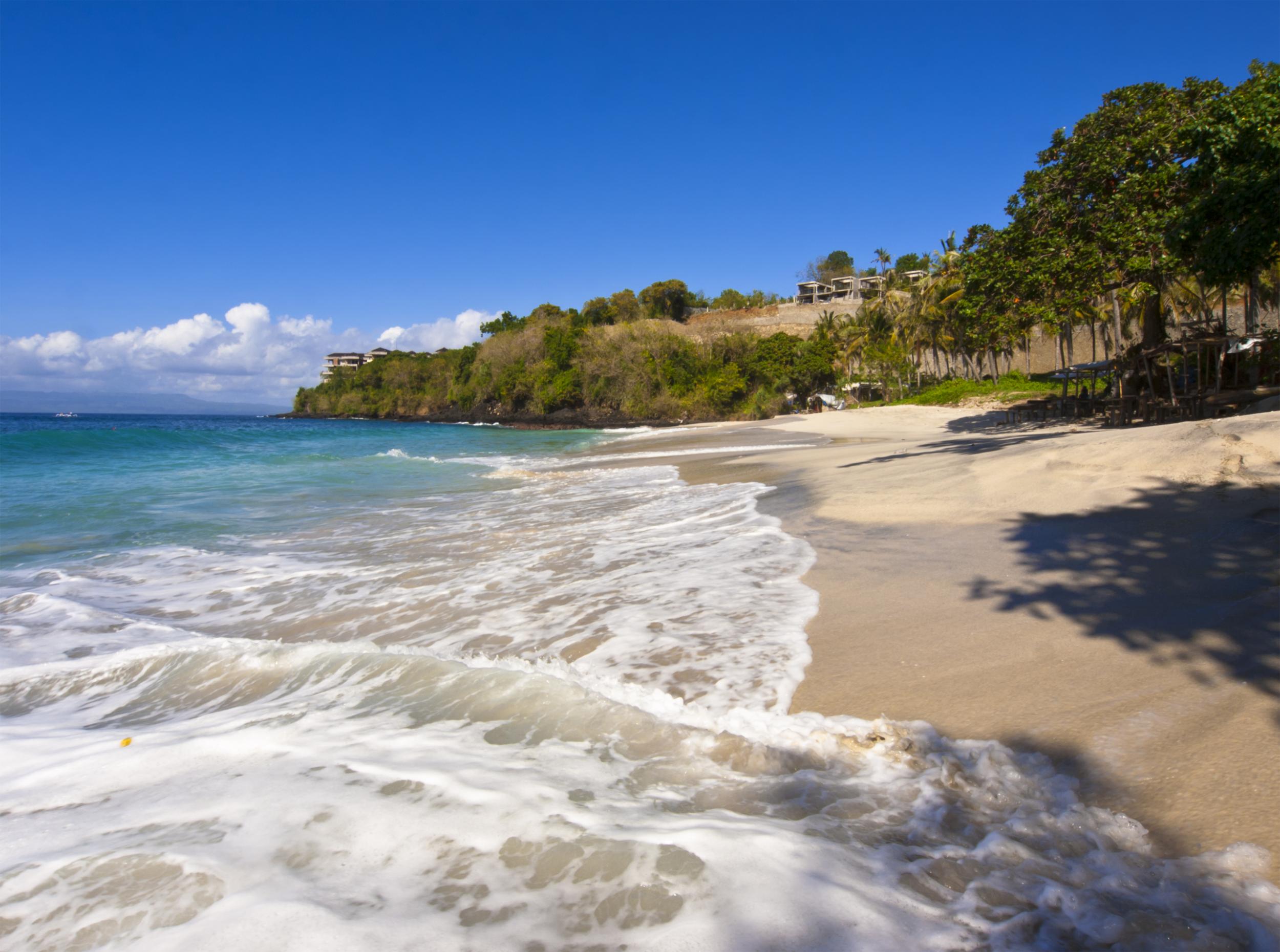Bali desperately trying to reduce plastic waste as thousands of tons of rubbish end up in the sea
Tiny Bali receives 16 million tourists a year

More than half of rubbish on tourist island Bali ends up polluting land or being dumped in waterways or the ocean, according to new research.
Findings from The Bali Partnership show that just 48 per cent of waste from the Indonesian island is disposed of through recycling or landfill, while 33,000 tons of plastic waste ends up in the ocean each year.
As part of a national initiative, Bali, which receives around 16 million tourists each year, of which 6.5 million are international, has pledged to reduce ocean plastics by 70 per cent by 2025.
Bali generates 1.6 million tonnes of waste per year, around 20 per cent of which is plastic.
The Bali Partnership, which brings together local and national government as well as waste experts and businesses, was supported by the Norwegian Ministry of Foreign Affairs.
“Bali’s rapid economic growth and thriving tourism has led to growing levels of waste, with the island’s waste management not always keeping pace,” noted the report.
“The island of Bali is small, but its significance is big,” said Mr Ida Bagus Mandhara Brasika of the Bali Governor’s waste management task force.
“What happens in Bali will always be noticed by the world. In Bali we are now at the right moment to stop our ocean leakage.
“We’ll start from Bali and the impact will be global. I am optimistic the Bali Partnership can help significantly to reduce our island and the planet’s waste problem.”
Join our commenting forum
Join thought-provoking conversations, follow other Independent readers and see their replies
Comments
Bookmark popover
Removed from bookmarks